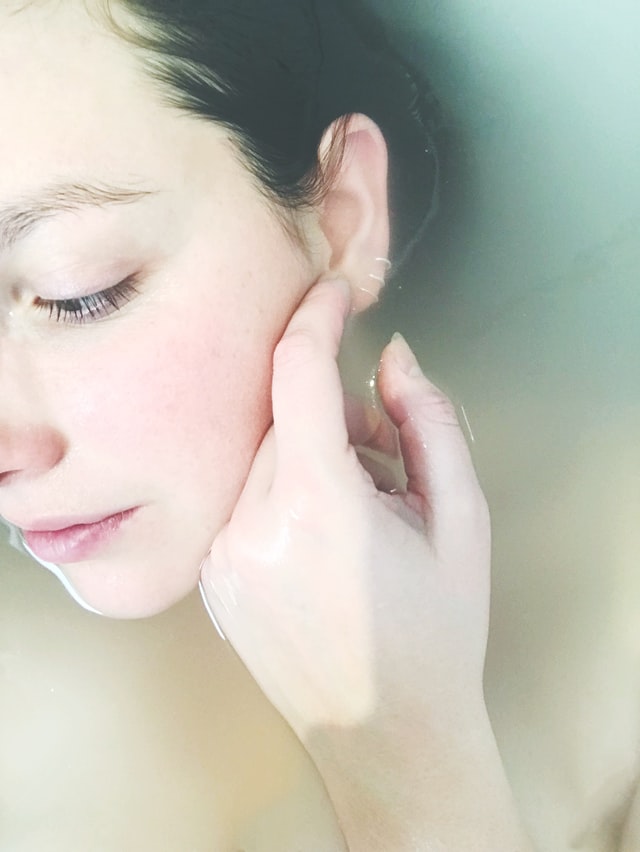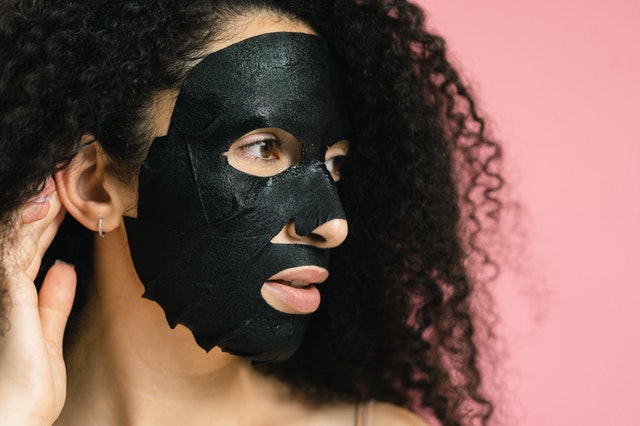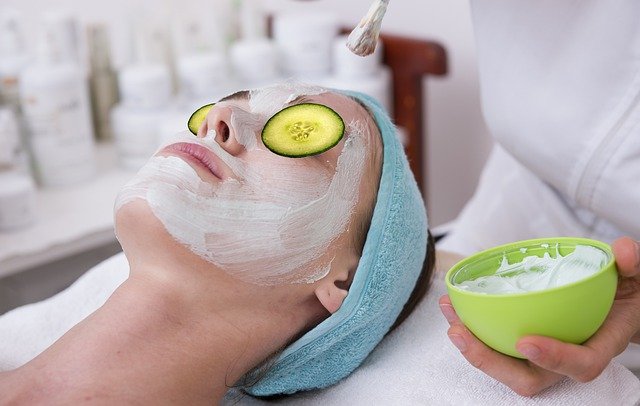You know that protecting your skin from premature sun damage is vital, but are you taking the right steps? You likely apply sunscreen, but is it broad-spectrum with at least SPF 30? You may wear a hat, but does it have a wide enough brim to shield your face and neck? You're probably aware that seeking shade is important, but do you make it a priority, especially during peak sun hours? By taking a few simple precautions, you can substantially reduce your risk of premature skin aging and skin cancer. But what are the most effective strategies?
Understanding Skin Damage Causes
When you spend time outdoors, especially during peak sun hours, your skin is exposed to the harsh effects of ultraviolet (UV) radiation, which can cause irreversible damage and lead to premature aging and skin cancer. As you enjoy the sunshine, you're probably not thinking about the harm it can cause. But the truth is, UV radiation is a major contributor to skin damage. You see, UV rays are made up of two types: UVA and UVB. UVA rays penetrate deep into your skin, causing wrinkles, fine lines, and age spots. UVB rays, on the other hand, are responsible for causing sunburns.
Your skin's ability to withstand UV radiation depends on several factors, including your skin type, the time of day, and the amount of time you spend outdoors. If you have fair skin, you're more susceptible to UV damage. You're also at risk if you spend extended periods outside, especially during peak sun hours. Knowing these factors can help you take action to protect your skin. By understanding the causes of skin damage, you can take steps to prevent it and enjoy the sunshine with confidence.
UV Radiation Effects on Skin
UV radiation wreaks havoc on your skin, altering its structure and function in ways that can lead to premature aging and skin cancer. When you're exposed to UV radiation, it damages the DNA in your skin cells, causing mutations that can lead to cancer. You'll also experience photoaging, which is the premature aging of your skin due to UV exposure. This causes wrinkles, fine lines, and age spots, making you look older than you actually are.
Your skin's natural ability to repair itself is also compromised when you're exposed to UV radiation. The damage can lead to the breakdown of collagen and elastin, two essential proteins that keep your skin firm and elastic. As a result, your skin will lose its elasticity and firmness, making it look saggy and dull. In addition, UV radiation can cause inflammation in your skin, which can lead to conditions like sunburn, rosacea, and eczema. By understanding the effects of UV radiation on your skin, you'll be more motivated to protect yourself from its damaging rays.
Broad-Spectrum Sunscreen Benefits
Safeguarding your skin from the devastating effects of sun damage requires a well-rounded defense, and using broad-spectrum sunscreen is a essential step in that process. You're probably aware that UV radiation from the sun is the primary cause of premature skin aging and skin cancer. What you might not know is that there are two types of UV radiation: UVA and UVB. UVA rays penetrate deep into your skin, causing long-term damage, while UVB rays are primarily responsible for burning your skin. In order to effectively protect your skin from both UVA and UVB rays, it’s crucial to use a broad-spectrum sunscreen that provides coverage against both types of radiation. Additionally, incorporating an essential aftersun routine can help repair any damage caused by the sun and provide much-needed hydration to your skin. This may include using soothing and moisturizing products, such as aloe vera gel or after sun lotions, to help replenish your skin’s moisture levels and soothe any sun-induced irritation.
Using a broad-spectrum sunscreen shields your skin from both types of radiation. By applying it regularly, you're not only protecting yourself from painful sunburn but also from the long-term consequences of UV exposure, such as fine lines, wrinkles, and age spots. Look for sunscreens labeled 'broad-spectrum' to guarantee you're getting protection against both UVA and UVB radiation. Additionally, choose a water-resistant sunscreen to maintain its effectiveness even when you sweat or get wet. By incorporating broad-spectrum sunscreen into your daily skin care routine, you're taking a pivotal step in preserving your skin's health and appearance. Always remember to apply it generously and reapply it every two hours for maximum protection.
Protective Clothing Options Explained
While broad-spectrum sunscreen provides excellent protection, you can further shield your skin by wearing protective clothing designed to block or absorb UV radiation. You've got several options to choose from, including clothing with a UPF (Ultraviolet Protection Factor) rating of 50+, which means the fabric allows only 1/50th of the sun's UV radiation to pass through. You can find UPF-rated clothing in various styles, from casual tees to outdoor gear.
When shopping for protective clothing, look for items made from tightly woven fabrics like cotton, polyester, or nylon. These materials are more effective at blocking UV radiation than loose weaves. You can also consider clothing treated with UV-absorbing chemicals, which can provide additional protection. Don't forget to wear a hat with a wide brim to shield your face, neck, and ears from the sun. By wearing protective clothing, you're taking an extra step to safeguard your skin from premature sun damage. Just remember to wear these items in combination with sunscreen for maximum protection.
Seeking Shade When Possible
Whenever you're outside, make it a habit to seek shade, especially during peak sun hours, to reduce your exposure to direct sunlight. This simple yet effective strategy can notably lower your risk of premature skin damage. You can find shade under trees, umbrellas, canopies, or even a vehicle. If you're planning to spend time outdoors, try to position yourself in a way that takes advantage of any available shade.
Remember that the sun's rays can still pass through leaves and branches, so choosing a shaded area with a dense canopy or a large umbrella is crucial. You can also create your own shade using a portable sun shelter or a beach umbrella. By seeking shade when possible, you can enjoy the outdoors while minimizing your exposure to direct sunlight. This habit can help prevent premature skin aging, reduce your risk of sunburn, and lower your chances of developing skin cancer.
Wearing Hats and Sunglasses
How effective is your outdoor attire in protecting your skin from the sun, and do you regularly wear hats and sunglasses to shield your face and eyes from harsh sunlight? If you're like many people, you probably don't think twice about grabbing a hat and sunglasses when heading outdoors. But these simple accessories can make a big difference in safeguarding your skin from premature sun damage.
When choosing a hat, opt for one with a wide brim to protect your face, neck, and ears. A hat with a brim of at least 3 inches can help block out 99% of UV radiation. You should also wear sunglasses that provide 100% UV protection. Look for sunglasses that have a UV 400 label, which means they block 99-100% of UVA and UVB rays. By wearing a hat and sunglasses, you can enjoy the outdoors while protecting your skin from the sun's harsh rays. Make it a habit to wear them every time you go outside, even on cloudy days, to prevent premature sun damage and reduce your risk of skin cancer.
Skin Protection Tips for Travel
Whether you're heading to a tropical island or a high-altitude mountain destination, you'll need to take extra precautions to protect your skin from the sun's intense rays when traveling. You'll be more susceptible to sunburn and premature aging due to the increased UV radiation. To prevent this, you should pack a broad-spectrum sunscreen with a Sun Protection Factor (SPF) of at least 30 and apply it frequently.
Don't forget to bring protective clothing, such as a wide-brimmed hat, long-sleeved shirts, and pants. You can also consider purchasing clothing with built-in UPF protection. When spending time outdoors, seek shade, especially during peak sun hours (10am-4pm). If you plan on engaging in water or snow activities, be aware that the sun's rays can reflect off these surfaces, increasing your exposure.
Lastly, be mindful of medications that may increase your sensitivity to the sun, such as certain antibiotics and antihistamines. Take necessary precautions to protect your skin, and enjoy your trip without worrying about sun damage. By being proactive, you can prevent premature aging and reduce your risk of skin cancer.
At a Glance
You've got the power to protect your skin from premature sun damage. By combining broad-spectrum sunscreen, protective clothing, and smart habits like seeking shade and wearing hats and sunglasses, you'll be well on your way to preventing premature aging and reducing your skin cancer risk. Remember to be mindful of reflective surfaces and take extra precautions when necessary. With these simple strategies, you'll enjoy healthier, more youthful-looking skin for years to come.






